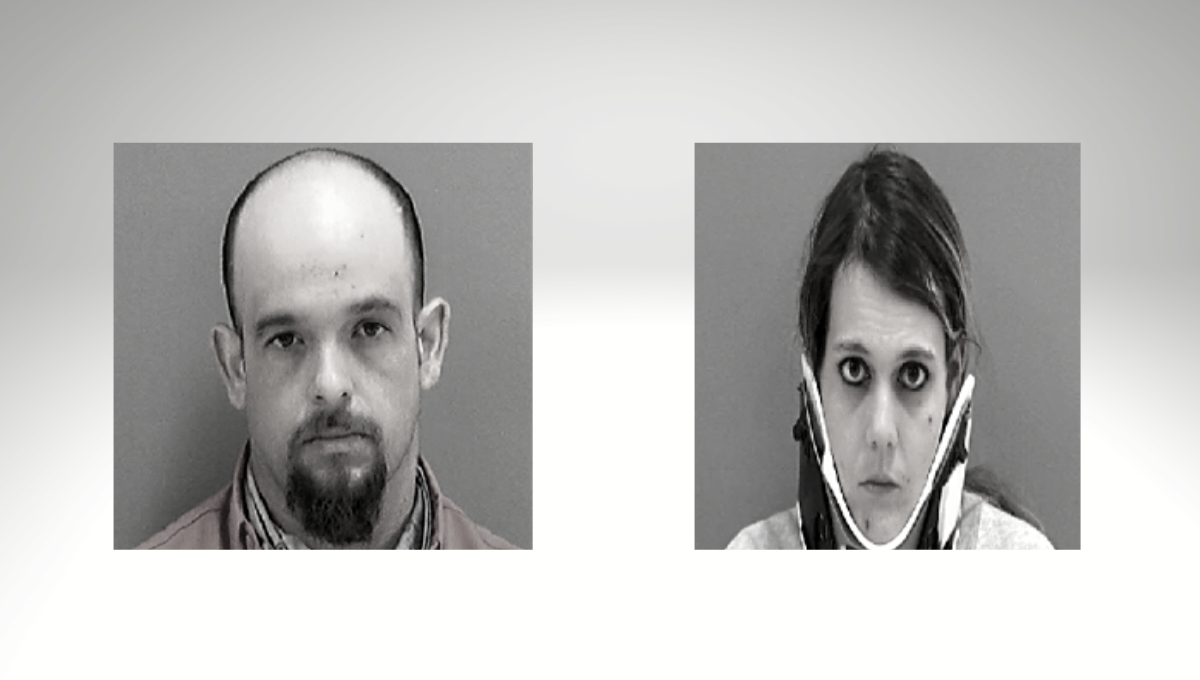A Rape trial was underway in Bulloch County Tuesday when the defense filed a motion for a mistrial.
Brandon Harris was charged following an incident in November 2019 by the Georgia Southern University Police Department after an investigation by Lieutenant Erick Riner. Police contended that Harris forced himself upon a female in a university dorm after a night out of drinking. Harris, since the beginning of the case, has maintained his innocence, saying the encounter was consensual.
Attorneys presented their opening arguments Tuesday morning and the state presented a single witness, who was also cross-examined, before breaking for lunch. ADAs Casey Blount and Judith Oglesby are prosecuting the case on behalf of the state. Augusta attorney Elmer Young, with the assistance of Statesboro attorney Keith Barber, represent Harris.
Attorneys in the State v. Brandon Harris case returned from lunch to ask to meet with Judge Lovett Bennett in his chambers. Joined by Harris, the five met with Bennett for nearly twenty minutes before they returned at various times to meet with family members.
Oral Motion for Mistrial
At 1:55 p.m., Judge Bennett took the bench and Young returned to the courtroom to make an oral motion. Young shared that at the time he was making a Motion for a Mistrial due to his ‘physical inability to do the job.’ Young shared that the motion followed a request by his client and his client’s family. He said he wished to comply with his client’s wishes and that it was his understanding that the timing of the request would not impact the state’s case.

Young had struggled through some of his opening argument, had a difficult time standing for periods of time, and a made a few off-color remarks during his presentation.
ADA Blount addressed the court to express a desire for something more concrete on the record to substantiate Young’s inability to proceed.
Young said he personally believed he was competent but that his client him to withdraw and that once that happens, no further action can be taken. Additionally, Young said he would not ask his client to take the stand for that reason.
Blount asked for someone else to take the stand on the defense’s behalf then because the state had great concerns about jeopardy attaching and the state being unable to bring the case again.
Bennett asked attorney Keith Barber about his limited involvement in the case, to which Barber said he was asked to engage several months ago for the purposes of voir dire and cross-examination of officers. He stated that in court that morning, he did notice that Young started to object to things but then never followed through.
“His ability to move about in the courtroom, he has physical limitations. This is very unusual request and a very unusual situation, but this case has a lot of ramifications and I support the motion,” Barber said.
Blount offered a rebuttal in saying that Barber was the competent counsel to which Harris was entitled and that he’s not unfamiliar with the case. He asked Bennett to consider giving Barber the afternoon to speak with witnesses and reconvene the following morning.
“The family is here to see if justice will be served. There’s been no showing of sufficient need. We have witnesses from Nashville and Athens, so if this case can be tried, it should be,” Blount argued.
Decision by Judge
Ultimately, Judge Bennett said that he would grant the Motion for a Mistrial because he had concerns about Young’s ability to continue. Bennett noted that Young had a debilitating stroke months ago, prompting the case to be continued. On his first appearance post-medical issues, Bennett said his concerns were great as Young was ‘not particularly lucid’ and was still rehabilitating. On his second and third appearances, he appeared to show improvement.
“Today,” Bennett said, “I think any objective party would note he [Young] regressed. He had a difficult time talking, moving about.” He said e was mindful of everyone’s time, but that the court has an obligation to make sure jury trials are proper for all involved. “I do not believe he would be capable of effective representation at this time.”
In granting the Motion for a Mistrial, Bennett said it was accompanied with the express stipulation that the case can retry the case, citing case law that jeopardy does not attach when a mistrial is requested by the defendant.
“I understand this case needs closure, but there must be closure consistent with the Constitution,” Bennett concluded.
Blount said he wished to state for the record that complaining about this on the day of trial was ‘unfair’ and ‘offensive to the system’ under which we operate.
Young commented only that one day preparation for Barber would be grounds for reversal at a later time, while Bennett nodded in agreement.
The proceedings concluded at 2:15 p.m.
The state does intend to bring the case again, but a timeline for that was not immediately clear Tuesday. The state will have the opportunity to proceed with this case or present a new one for grand jury consideration.









I think you are mistaken on the need to take the case back to the grand jury following a mistrial. The original indictment survives, this is not a dismissal.